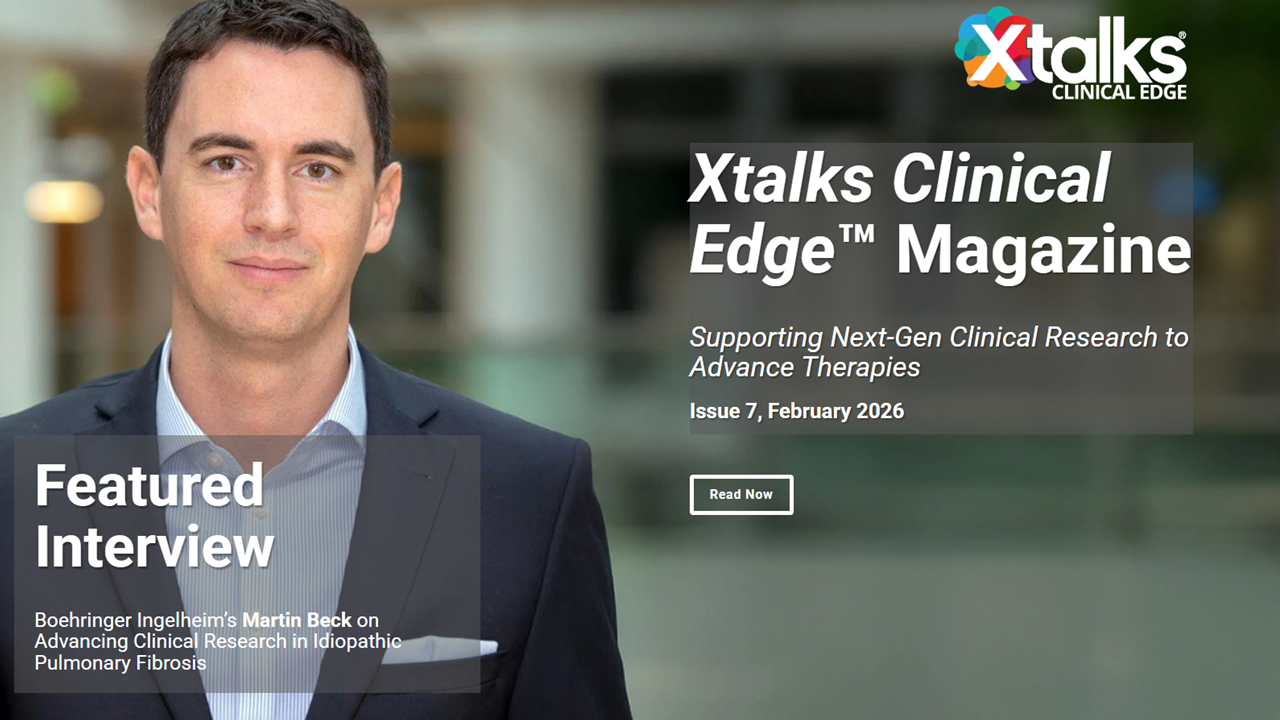Gastrointestinal (GI) disorders pose major challenges in modern healthcare.
In the US, nearly 45 million adults suffer from non‐erosive gastroesophageal reflux disease (GERD), while more than 15 million receive prescription treatments for its erosive form. Non‐erosive GERD shows typical reflux symptoms without visible esophageal damage, whereas erosive GERD causes clear injury to the esophageal lining.
Globally, Helicobacter pylori infects about 50% of the world’s population. This bacterium colonizes the stomach lining and is a leading cause of peptic ulcers, with even higher infection rates in developing regions.
Eosinophilic esophagitis (EoE) is an immune-mediated condition that results in eosinophils accumulating in the esophagus, leading to dysphagia and food impaction. Recent studies estimate that EoE affects approximately 0.14% of Americans — nearly half a million cases — with prevalence on the rise among both adults and adolescents.
These statistics underscore an urgent need for innovative approaches that go beyond decades-old proton pump inhibitors (PPIs). Although PPIs remain the cornerstone of treatment, many patients continue to experience persistent symptoms, driving the demand for therapies that tackle the underlying causes.

CEO & President
Phathom Pharmaceuticals
Phathom Pharmaceuticals leads in innovation by applying novel scientific insights and rigorous clinical strategies to transform GI research.
In this Xtalks Clinical Edge™ interview, Terrie Curran, CEO and President of Phathom Pharmaceuticals, shares her perspective on the evolving landscape of GI clinical research. She explains how their evidence-based approach seeks to address significant unmet needs in indications such as H. pylori infection, erosive GERD, non-erosive GERD and EoE.
Curran also details her leadership philosophy — emphasizing servant leadership, transparency and the value of diverse perspectives — to demonstrate that nurturing a collaborative and resilient organizational culture is essential for navigating industry challenges and driving breakthrough innovation in GI therapeutics.
Xtalks Clinical Edge™: Issue 4 — Phathom Pharmaceuticals’ Strategy for Advancing GI Therapeutics
Xtalks Clinical Edge™ is a magazine for clinical research professionals and all who want to be informed about the latest trends and happenings in clinical trials. This magazine immerses you in a world where industry leaders, patient advocates and top researchers converge to provide the most insightful perspectives on clinical trials.
A Scientific Approach to GI Innovation
Phathom Pharmaceuticals tackles longstanding GI challenges with rigorous science. Their main focus is centered on vonoprazan, a novel a potassium-competitive acid blocker (PCAB), the first new class and mechanism of action for acid suppression therapy introduced in the United States in over three decades. Instead of relying on outdated paradigms, the company has designed pivotal clinical trials that compare its innovative therapy (vonoprazan), with established standard-of-care active comparators. These trials have validated the therapy’s rapid, potent and durable effects.
Phathom’s research is rooted in a deep understanding of GI physiology. Their work targets a faster onset and more consistent acid suppression than traditional PPIs. They conduct large-scale, multi-national, active-controlled studies that include trials with over 1,000 participants. These studies provide clear, quantitative comparisons to current standards of care and set a new benchmark for GI innovation.
The company also explores alternative dosing regimens, such as “as-needed” strategies. This commitment to patient-centric innovation offers greater flexibility and improves quality of life for patients with intermittent symptoms.
Overall, Phathom blends rigorous research, advanced trial design and a patient-first mindset to drive meaningful progress in GI therapeutics.
Insights from Curran’s Leadership
Curran has played a crucial role in steering Phathom’s growth and vision. With experience in prominent pharmaceutical companies and international markets, she advocates for a style of “servant leadership.”
Curran recalls, “It was really important as we were a startup company to establish amongst the leadership what we wanted the culture to look like.” Her words set the stage for transparency and inclusivity at every level.
Curran’s reflections illustrate the experience of scaling a biotech enterprise. She explains, “Communication was really key in articulating that vision and then, more importantly, outlining what the steps were along the way and celebrating those.” This approach has built a culture where every team member understands the company’s goals.
When challenges arose during the COVID-19 pandemic, she noted, “When we did face challenges, [we] really address those head on and as a team come together and try to work through solutions rather than finger pointing or blaming.”
Curran’s leadership offers several key insights:
- Bold Decision-Making: Opting for large, active comparator trials rather than defaulting to placebo-controlled studies, which “really kind of excited us about the opportunity” to challenge longstanding treatment paradigms.
- Operational Resilience: Curran recalls overcoming hurdles like manufacturing challenges, capital constraints and pandemic disruptions. She remembers a “fairly stressful weekend” during the Silicon Valley Bank collapse, when the team had to “get through that” together.
- Leadership Through Transparency: She fostered an environment where every team member stayed informed and engaged. Curran noted, “to develop trust for a leadership team amongst a broader organization, especially as we got larger, it’s important for people to really understand what the challenges… are and give people a forum to ask questions.”
- Valuing Diverse Perspectives: Drawing on international experience, she learned that “to really gain people’s trust takes time… and that takes listening and understanding and trying to get to a common goal.”
Her approach shows that effective innovation requires both strong scientific inquiry and a resilient, engaged workforce. Curran has built a culture where transparency, collaboration and calculated risk-taking propel success.
Global Perspectives: Integrating International Experience for Domestic Innovation
An important element of Phathom’s success is the global perspective offered by its leadership. Curran’s extensive experience in international markets — from Australia to Switzerland — enhances her strategic approach in the US healthcare landscape.
She explains, “I think the biggest thing is that there’s not one way to be successful. That there are many alternative strategies that you can employ to get to the end result.” This adaptable mindset enables Phathom to adjust its strategies to local market dynamics, regulatory environments and patient needs.
Curran adds, “What works in the US is not what will necessarily work in Europe and vice versa and what will work in Asia.” This belief reinforces the need to adjust strategies for different cultural and regulatory landscapes.
“I’m never going to be an expert in one particular function. And so for me, I really love to have people around the table that are an expert in their particular function.” Her words emphasize the value of diverse expertise.
Curran’s philosophy of “listening to people’s broader experiences and evaluating opportunities from new perspectives” solidifies Phathom’s commitment to cross-cultural collaboration. These global insights enable the company to remain dynamic and responsive to local needs while adhering to global best practices.
Navigating Challenges and Mapping Future Directions
Phathom Pharmaceuticals has faced some obstacles since its founding in 2019. The company paused multi-national clinical trials during the COVID-19 pandemic, overcame potential financial disruptions due to the SVB bank collapse, and navigated the complexities of scaling commercial manufacturing.
Curran emphasizes that when challenges arise, the team confronts them directly and works together to find solutions — a philosophy that has enabled the company to navigate turbulent times. These challenges taught the team valuable lessons in crisis management and operational agility.
Looking ahead, Phathom plans to expand its clinical portfolio with the eminent initiation of a Phase II study in EoE, which will include both adult and pediatric populations. The company is also planning to explore innovative dosing regimens, including an “as-needed” schedule and the development of an orally disintegrating tablet (ODT). This proactive strategy paves the way for treatments that meet patient needs more precisely and challenge established conventions.
Phathom’s evolution — from a small biotech startup to a commercial-stage company — demonstrates the power of scientific innovation backed by thoughtful leadership. By using robust clinical methodologies and promoting a culture of transparency, the company is redefining GI therapeutic standards.
Curran’s insights show that progress in GI research comes from a blend of rigorous science, strategic risk-taking and a culture that values every voice.
As Phathom continues to tackle the diverse challenges of acid-related GI disorders, its journey offers valuable lessons for industry stakeholders striving to improve patient outcomes in a rapidly evolving landscape.













Join or login to leave a comment
JOIN LOGIN